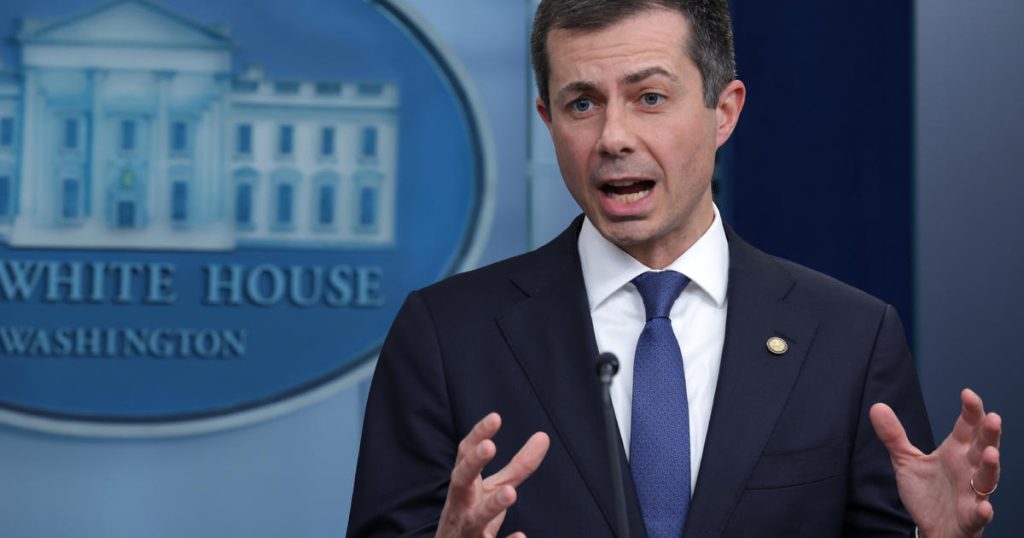New consumer protection rules in the airline industry will soon provide passengers with automatic refunds for canceled or significantly delayed flights, as well as requiring airlines to disclose junk fees upfront. These new regulations are estimated to save travelers $500 million annually, making it the largest expansion of passenger rights in the Department of Transportation’s history. The rules target common complaints against airlines, such as delays and difficulties getting refunds, as well as the lack of transparency around additional fees.
The new rules are expected to go into effect in October and will bring significant changes for airline passengers. Customers will now be entitled to automatic refunds for flights that are significantly delayed or canceled, including ticket prices, government-imposed taxes and fees, and airline-imposed fees. This rule aims to simplify the refund process for passengers, especially infrequent fliers who may not be familiar with their rights, saving them from dealing with chatbots or complicated claims processes.
The definition of a “significantly changed” flight has been clarified in the new rules, with delays of at least three hours for domestic flights and at least six hours for international flights qualifying for automatic refunds. Passengers will also be entitled to refunds for other significant flight changes, such as airport or service downgrades. The process for receiving refunds has also been streamlined, with airlines required to automatically refund passengers within seven days for credit card purchases and 20 calendar days for other payment methods.
Checked bag delays are also covered under the new rules, with domestic flights requiring refunds for bags delayed more than 12 hours and international flights requiring refunds for bags delayed more than 15 to 30 hours, depending on flight length. Additionally, passengers who paid for services on the flight but did not receive them, such as wifi or in-flight entertainment, are entitled to refunds. The rules also target surprise fees, requiring airlines to disclose all fees upfront to prevent confusion and ensure passengers can estimate the full cost of flying.
Airlines will no longer be able to advertise artificially low prices that do not include mandatory fees under the new rules, eliminating deceptive discount tactics. The rules also guarantee passengers a seat when purchasing a ticket, regardless of whether they choose to pay extra for seat selection. While airlines have expressed concerns about being held to a higher standard, the Department of Transportation believes the new rules will enhance passenger confidence and improve the overall consumer experience. Airlines are encouraged to invest in precise scheduling to reduce cancellations and benefit the industry as a whole.


